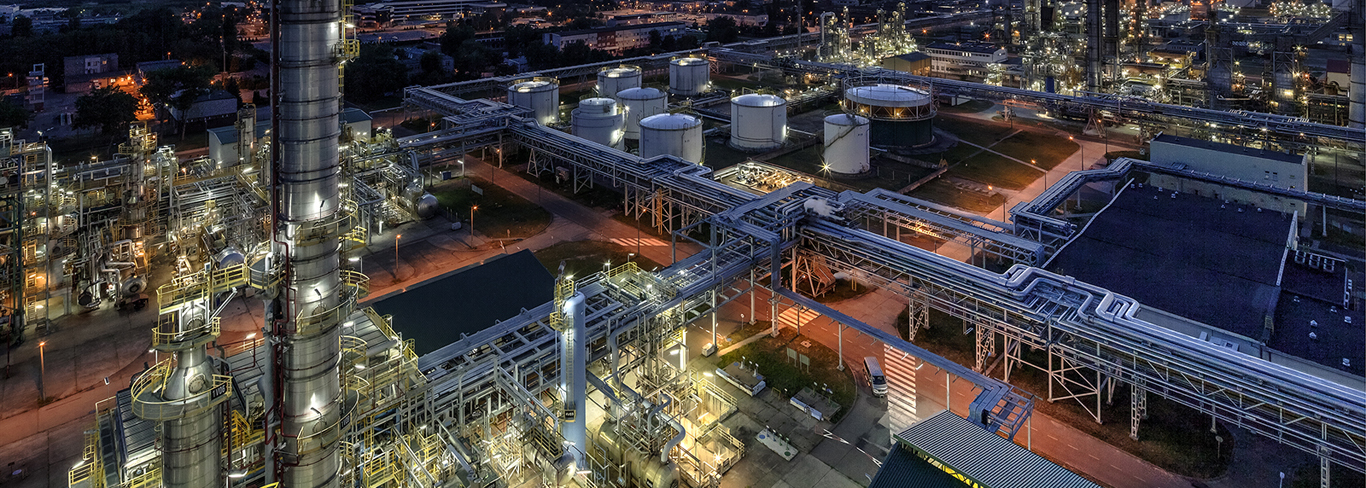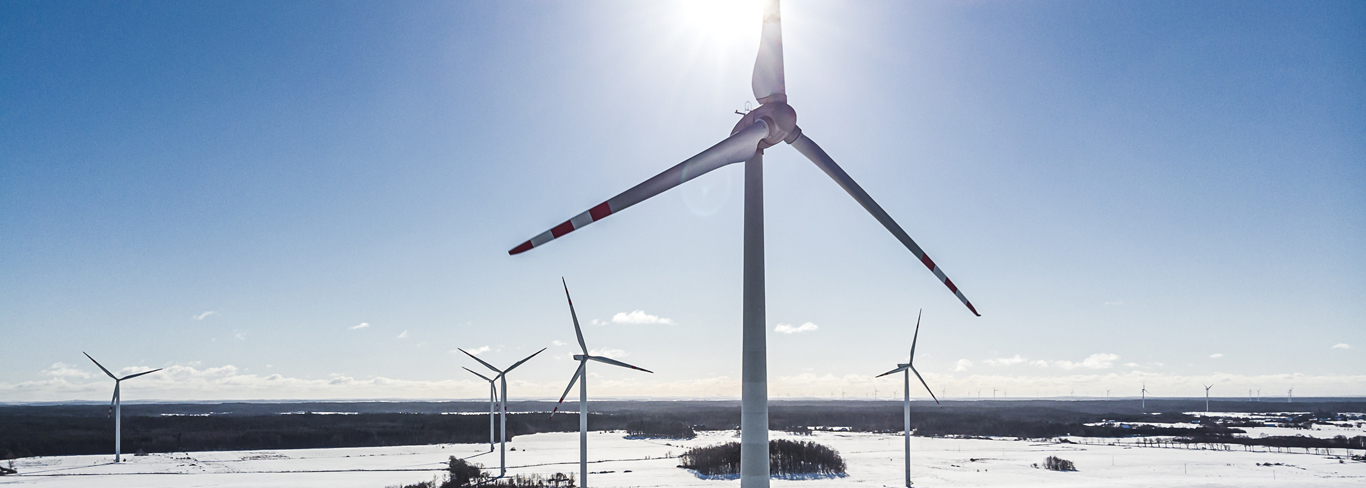
BUSINESS MODEL
According to the CEE TOP 500 report published by Coface, the ORLEN Group is one of the largest corporations in Central and Eastern Europe in terms of revenue. Its revenue for 2020 was in excess of PLN 86bn. In line with the new Strategy 2030 adopted in November 2020, our ambition is to be an active leader of energy transition in Poland and Central Europe.
ORLENTODAY
The ORLEN Group’s core business consists in the production and distribution of electricity, crude oil processing, and production of fuels, petrochemical and chemical products, as well as sale of the Group’s products on the retail and wholesale markets. The Group is also engaged in hydrocarbon exploration, appraisal and production. The ORLEN Group is one of Poland's largest electricity distributors, operating an electricity grid with a total length of 191 thousand kilometres, covering approximately one-fourth of the territory of Poland. As at the end of 2020, it managed a network of 2,855 service stations. In 2020, PKN ORLEN acquired RUCH, Poland’s countrywide newsagent chain. Based on its 1,209 RUCH newsagents, the Company will expand its range of stores and catering services beyond service stations. As at the end of 2020, the Group had a network of 114 electric vehicle charging stations.
In 2020, the segments with the largest contribution to the ORLEN Group's consolidated EBITDA were Energy and Retail, each of which accounted for approximately 40% of the Group's total profit. The ORLEN Group companies' business also includes services: crude oil and fuel storage, transport, repair and maintenance services, laboratory, security, design, administrative, insurance and financial services.
A significant portion of the ORLEN Group’s fuel output is sold through the Group’s own retail network, which spans Poland, Germany, the Czech Republic, Slovakia and Lithuania, and is the largest chain of service stations in Central Europe. The ORLEN Group’s retail network is supported by wholesale and logistics infrastructure consisting of above- and underground storage tanks and long-distance pipelines.
The ORLEN Group’s business covers five operating segments: Energy, Refining, Petrochemicals, Retail and Upstream, which are supported by Corporate Functions .
For more key data on the operations of each segment in 2020, see ‘About the ORLEN Group’ .
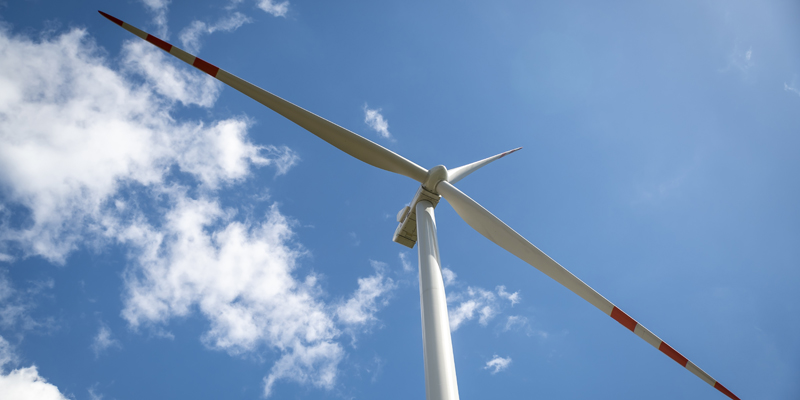
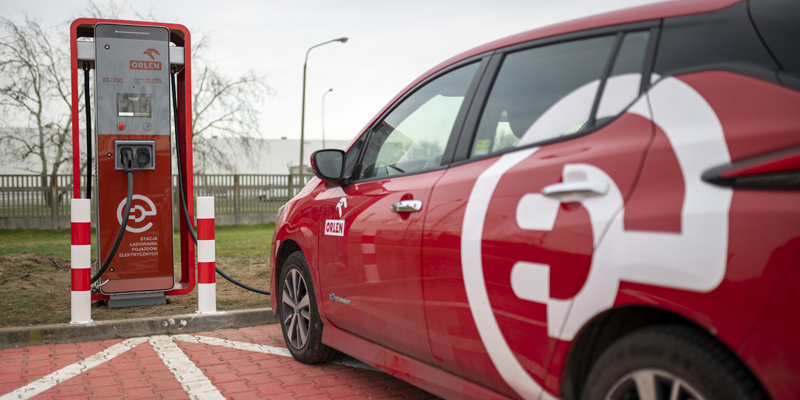
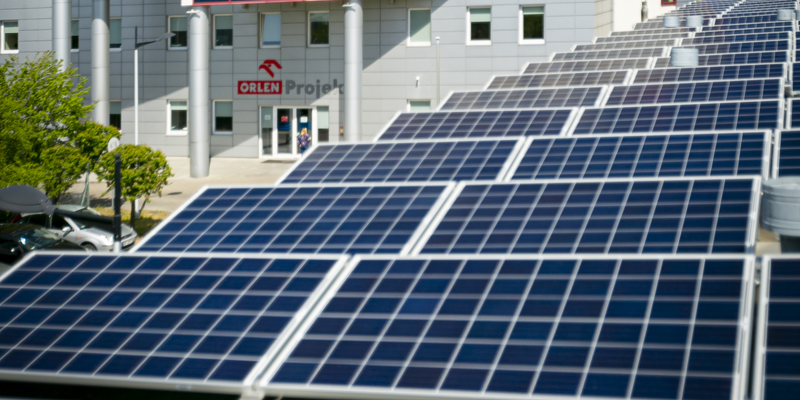
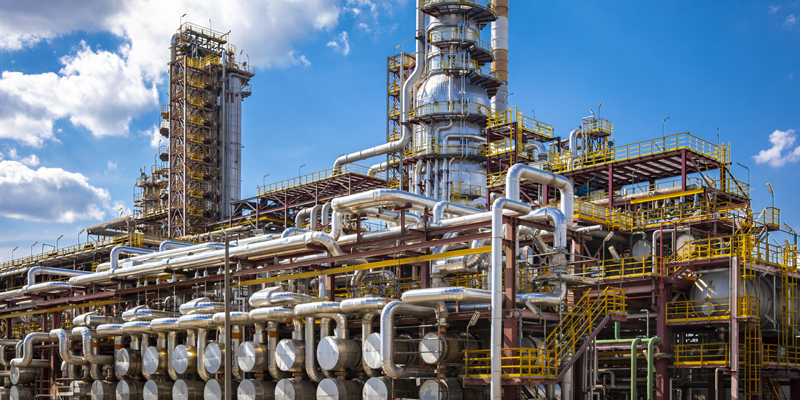
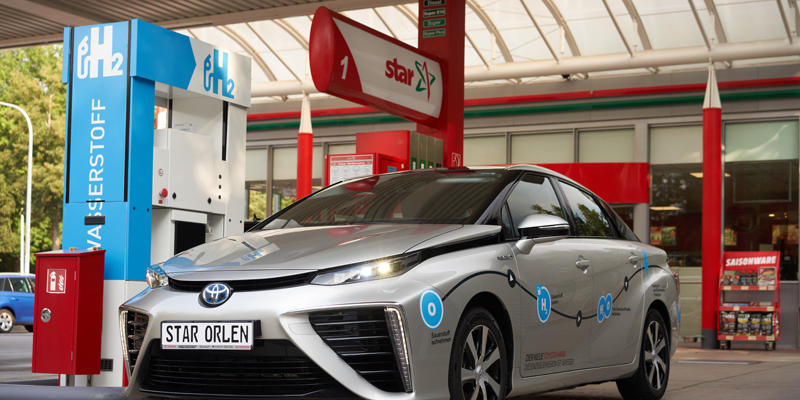
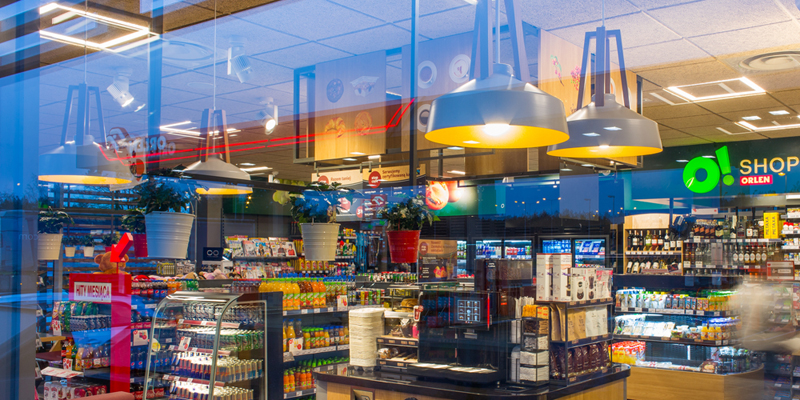
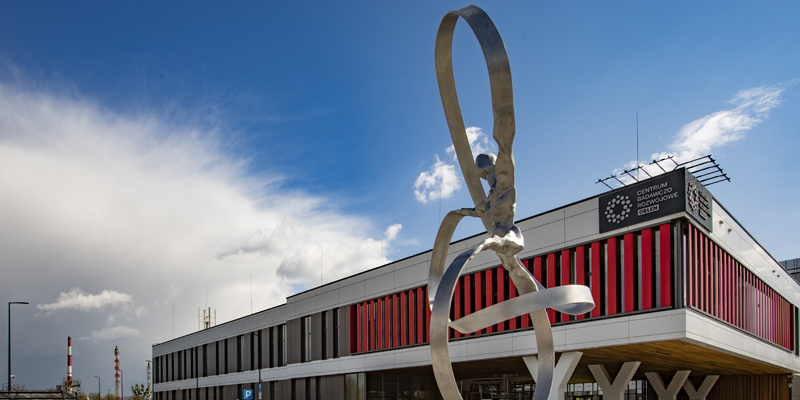
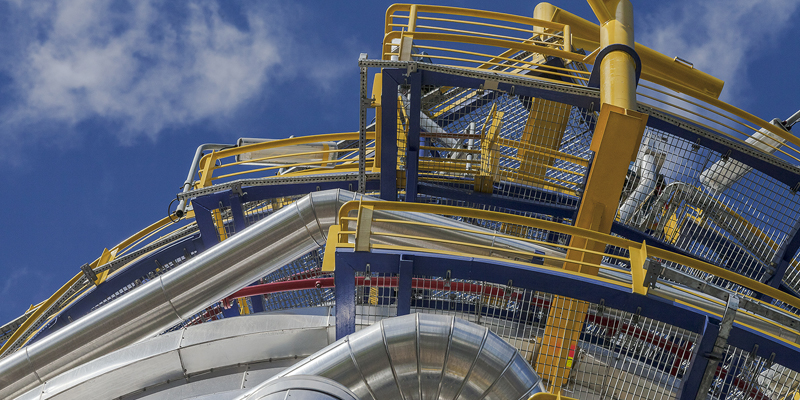
.png)
